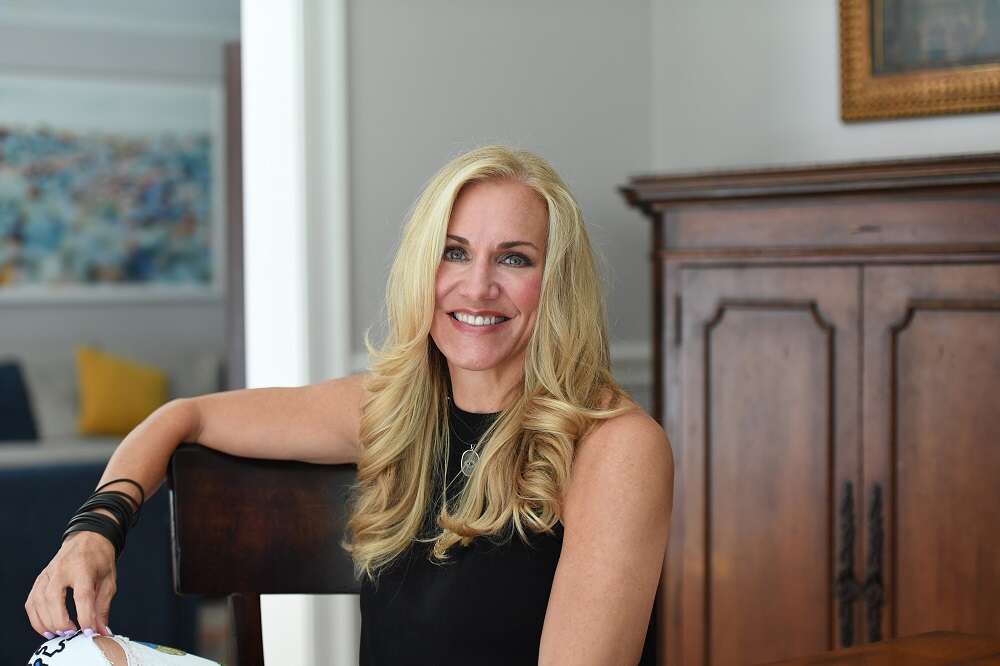
Julie Roehm Demystifies the Role of Chief Experience Officer (CXO)
C-suite roles such as CEO, CFO, and COO are well-understood positions on every executive board. But today, new executive roles are emerging to meet the needs of changing markets and consumer behavior. One of the most popular emerging C-suite roles is Chief Experience Officer (CXO).
CXO is an interdisciplinary role that involves aligning executives and departments in order to better meet the needs of customers. In a digital world where agility and omnichannel solutions are necessary for success, CXOs are proving vital to building and maintaining valuable connections with customers.
But what exactly is a CXO? And what are their duties? There’s no one better to explain the role of CXO than Julie Roehm. Roehm is an accomplished executive with extensive marketing and leadership experience. She’s also one of the first people to serve as a CXO. As such, Roehm significantly contributed to defining the role of CXO as it is known today.
Below are some of Julie Roehm’s insights on the duties of a CXO and why this position is becoming so important across industries.
What is a CXO?
A Chief Experience Officer (CXO) is an executive who is responsible for developing, maintaining, and strengthening an organization’s relationship with its customers. While the exact meaning of the role differs across industries, the idea of building a company culture around the customer experience is the aim of the CXO.
This role often goes to someone with C-suite experience, as it requires extensive knowledge of operations, marketing, and sales as well as strong analytical skills. The CXO must be able to collect and interpret data to understand the “big picture” of consumer behavior while remaining keenly aware of individual customer experiences at all touchpoints.
According to Julie Roehm, the CXO will often take the lead in times of change, as they excel at unifying all of the aspects of the business around a common (and often complex) transformative goal. As transformation and disruption are daily concerns for businesses today, the role of CXO is becoming increasingly important.
What Does a CXO Do?
The duties of the CXO vary widely across industries, but typically, the CXO is heavily involved in operations and communications. The CXO works closely with other C-suite members to ensure that the organization’s identity is aligned with customer experience (CX). They collaborate with members of the leadership team and also work within each department to map the customer journey and guide brand strategy.
A common roadblock to growth, according to Julie Roehm, is a lack of interdepartmental communication. Even executives are often reluctant to collaborate and share data, she says. These problems create rigidity, inefficiency, and an inability to meet customers’ needs in a fast-paced digital market.
A CXO, in a way, acts as the glue that unites various departments and executive leadership to promote customer-centric operations and overall agility.
Ensuring customer satisfaction is the core goal for the CXO. Managing customer satisfaction is an “always on” job, as Julie Roehm puts it, requiring a great deal of data-driven insight into individual perception and the ability to reach each customer in a personalized manner. In her various CXO roles, Roehm was a major proponent of omnichannel solutions as a means of meeting the diverse needs of consumers.
Why CXOs are Critical to the Success of Businesses Today
Today, customer needs and expectations pivot rapidly, and this makes agility an increasingly important trait for large (and traditionally sluggish) companies to adopt. For this reason, the role of CXO is gaining popularity across industries as businesses recognize the importance of keeping pace with their customers. According to Julie Roehm, the CXO’s work of discerning the customer experience is ever-evolving and essential for continuous innovation and growth.
The CXO’s role is also critical for building and maintaining customer loyalty at a time when customers can easily choose a competitor by moving their thumb half an inch. Part of building strong experiences is cultural—creating an atmosphere in which customers feel they belong. But it’s also practical—streamlining the customer experience to remove any resistance to engagement.
As CXO of a major US retail brand, one of Julie Roehm’s largest projects involved shifting from an SKU-based sales model to a solution-based one. In order to do this, she rebuilt the customer’s digital journey, introducing gamification and personalized tools. She also retrained retail staff to provide comprehensive solutions to customers instead of simply directing them towards products. This transformation involved aligning HR, customer support, marketing, and even IT to ensure that customer experiences were exceptional at every level.
These sorts of transformations, which previously only happened as a result of a major change in executive leadership, must be coordinated and managed purposefully in today’s business environment. Aligning an organization’s mission with the desires of its customers is essential, and a CX-driven organization is better equipped to achieve this goal.
About Julie Roehm
Julie Roehm is an award-winning marketer, entrepreneur, storyteller, board member, and podcast host. She’s held executive positions at some of the world’s largest companies, including Ford Motor Company, DaimlerChrysler, and SAP. Roehm has held multiple CXO roles as a part of her diverse background in marketing and leadership.
Julie Roehm has been honored many times over for her accomplishments. Awards she’s won include “Marketer of the Year” by Brandweek, “Top 50 Women in Brand Marketing” by Brand Innovators, and the “Distinguished Alumni Award” by The University of Chicago’s Booth School of Business. She was recently named among the Top 100 Marketers of 2023 by ONCON ICON.
Although Julie Roehm has held diverse roles throughout her career, she has always believed that a data-first, customer-centric approach is the key to aligning company culture and customer experiences to promote growth. The position of CXO as it’s understood today is heavily influenced by the transformational changes Roehm enacted during her time in the role.
To hear more from Julie Roehm on transformational changes in businesses and the lives of some of today’s most influential thought leaders, check out her podcast, The Conversational.


